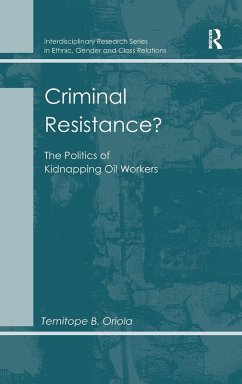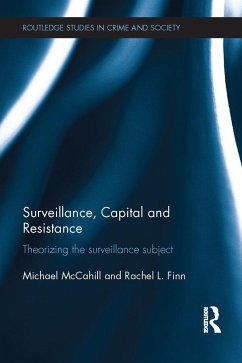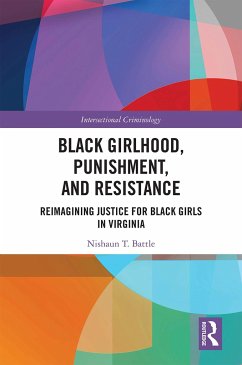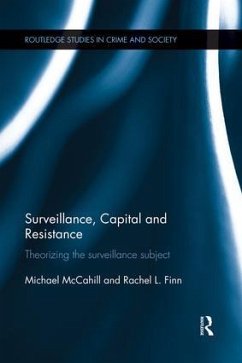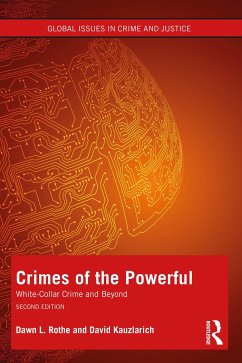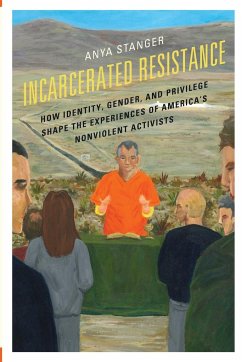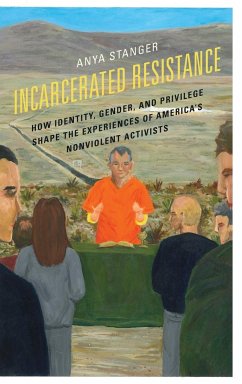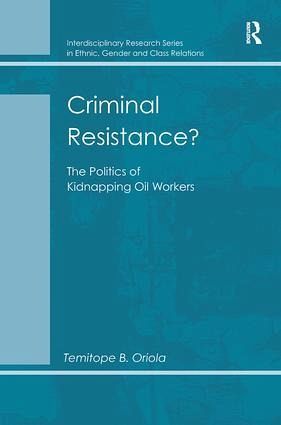
Criminal Resistance?
The Politics of Kidnapping Oil Workers
Versandkostenfrei!
Versandfertig in 1-2 Wochen
61,99 €
inkl. MwSt.
Weitere Ausgaben:

PAYBACK Punkte
31 °P sammeln!
Crude oil extraction in the Niger Delta region of Nigeria generates 96% of all foreign earnings and 85% of state revenues, making it crucial to the survival of the Nigerian state. Several generations of state neglect, corruption and mismanagement have ensured that the Delta region is one of the most socio-economically and politically deprived in the country. By the late 1990s there was a frightening proliferation of armed gangs and insurgent groups. Illegal oil bunkering, pipeline vandalism, disruption of oil production activities, riots, and demonstrations intensified and in 2003, insurgents ...
Crude oil extraction in the Niger Delta region of Nigeria generates 96% of all foreign earnings and 85% of state revenues, making it crucial to the survival of the Nigerian state. Several generations of state neglect, corruption and mismanagement have ensured that the Delta region is one of the most socio-economically and politically deprived in the country. By the late 1990s there was a frightening proliferation of armed gangs and insurgent groups. Illegal oil bunkering, pipeline vandalism, disruption of oil production activities, riots, and demonstrations intensified and in 2003, insurgents began kidnapping oil workers at a frenetic pace. In late 2005, an uber-insurgent movement 'organization' was formed in Nigeria. Christened the Movement for the Emancipation of the Niger Delta (MEND), it operates as an amorphous, multifaceted amalgam of insurgent groups with an unprecedented clinical precision in execution of intents. By focussing on kidnappings that are putatively connected to the struggle for emancipating the Niger Delta, Oriola makes the case for analysing MEND as a social movement organization, rather than a terrorist or criminal gang by showing how political processes shape kidnappings in the Delta. The use of violent repertoires of contention has not garnered sufficient attention in the social movement literature, despite the fact that that around the world, many similar groups are adopting violent tactics without necessarily eschewing non-violent techniques. Based on multi-actor research, including interviews and focus group discussions with community members, military authorities, 42 ex-insurgents directly involved in illegal oil bunkering and kidnapping, and official email statements from 'Jomo Gbomo', the spokesperson of MEND, this book will be of interest to sociologists, political scientists and peace and security studies scholars.





